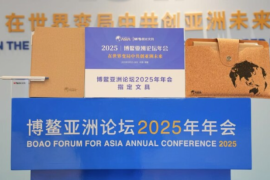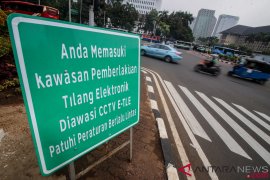EMC testing is useful to find out whether a product or technological device is able to operate normally and is safe for the surrounding environment.Jakarta (ANTARA) - The Industry Ministry is utilizing an electromagnetic compatibility (EMC) testing system to ensure that electronic products are safe for consumers.
"Electromagnetic compatibility (EMC) testing is one of the requirements in the Indonesian National Standard (SNI)," head of the Industrial Service Standardization and Policy Agency (BSKJI) of the ministry, Doddy Rahadi, said in a statement released here on Monday.
EMC refers to the ability of an equipment or system to operate normally in an electromagnetic environment without being affected or producing interference to the environment, Rahadi elaborated.
"EMC testing is useful to find out whether a product or technological device is able to operate normally and is safe for the surrounding environment," he said.
The Surabaya Center for Standardization and Industrial Services (BSPJI), a technical service unit (UPT) under the Ministry of Industry's BSKJI, already has an EMC laboratory, which is one of the largest in Indonesia.
The laboratory, which was founded in 2013, has a 10-meter semi-anechoic chamber equipped with radio frequency (RF) testing for Bluetooth and Wi-Fi products.
"BSPJI Surabaya was established to meet industry needs. The EMC Laboratory at BSPJI Surabaya is capable of testing electronic and telematics equipment such as drones, headphones, cellphones, handy talkies (HT), wireless microphones, Bluetooth headphones, pianos, televisions, and other electronic devices," he said.
With adequate laboratory facilities, strict application and supervision of the national standard can be carried out properly, Rahadi added.
Currently, Indonesia has several electronics testing laboratories that have been accredited by the National Accreditation Committee (KAN) for mandatory as well as voluntary application of SNI.
Rahadi said that the ministry has continued to encourage the domestic electronics industry's competitiveness by imposing SNI and optimizing the level of local content.
The move is expected to protect the domestic market and ensure consumer safety against imported low-quality products.
"By optimizing the local content, implementing SNI and other standards, as well as market supervision and the availability of adequate electronics and telematics laboratory facilities, domestic industry competitiveness is expected to increase," he said.
Related news: Indonesia to emulate UK in public service platform integration
Related news: Indonesia's trade ministry to accommodate exports to Japan via e-CO
Translator: Ade Irma Junida, Sri Haryati
Editor: Rahmad Nasution
Copyright © ANTARA 2023











